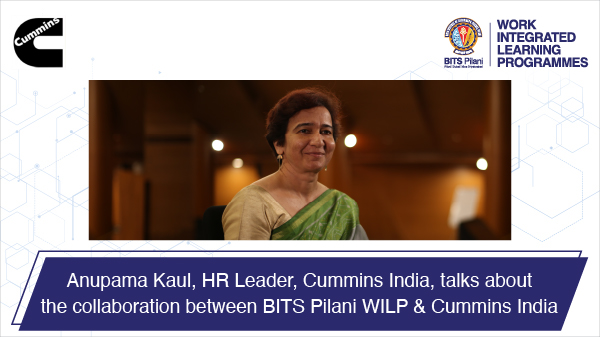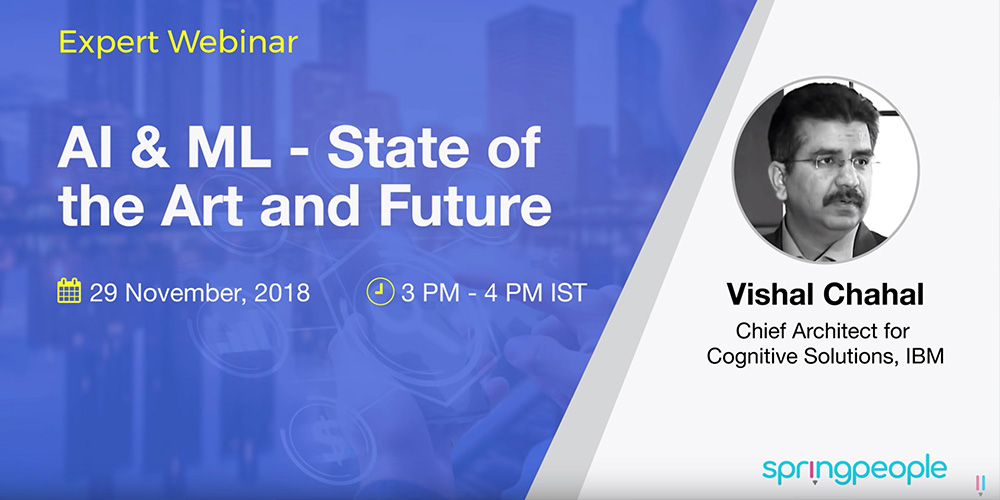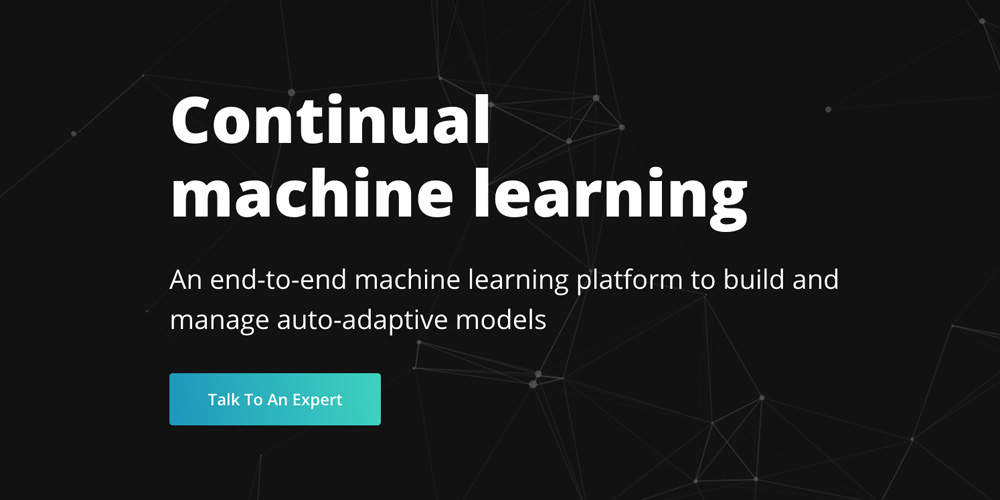Rewrite the future of the Automotive industry
The auto industry in India is the fourth largest in the world and accounts for approximately a 7% share of the GDP of the country. This industry is set to increase at a CAGR of 12.7% and reach about US$ 300 billion by the end of 2026. India is considered to be the top manufacturer of two-wheelers and the 4th largest car manufacturer.
The Automobile industry is at a point of inflection and is witnessing a dramatic transformation in dimensions such as auto-shift to driver-assisted and autonomous driving, IC engines to electric engines, infotainment to connected automobiles, and passive safety to active safety. All stakeholders in the industry need to upgrade themselves to be a part of this change to innovate, achieve and lead the future of the automotive industry.
M.Tech. Automotive Engineering is a four-semester Work Integrated Learning Programme designed to help engineering professionals build skills required to remain competitive in the rapidly evolving workplace and enable rapid career progression in the automotive industry. The programme enables the learners to specialize in some of the fastest growing domains like Vehicle Systems and Controls and Advanced Driver Assistance Systems. A comprehensive curriculum, with extensive emphasis on experiential learning using remote labs and cloud labs and a flexible education methodology that enables working professionals to acquire a prestigious post-graduate engineering degree while pursuing their careers, the M.Tech. Automotive Engineering is just the right programme for career growth in the automotive industry.
M.Tech. Automotive Engineering is a BITS Pilani Work Integrated Learning Programme (WILP). BITS Pilani Work Integrated Learning Programmes are UGC approved.
Option to pay fees using easy EMI with 0% interest and 0 down payment
Programme Highlights
- M.Tech. Automotive Engieering is a BITS Pilani Work Integrated Learning Programme (WILP). BITS Pilani Work Integrated Learning Programmes are UGC approved.
- This programme is of 4 semesters and can be pursued only by working professionals. You can pursue the programme without any career break.
- The programme will also enable working professionals to attend contact classes from anywhere over a technology-enabled platform. The contact classes will be conducted mostly on weekends or after business hours.
- Special focus on Engine technologies, Electric mobility, Automotive control systems, and Automotive systems engineering.
- Futuristic curriculum developed by academic experts in consultation with leading automotive organisations.
- A two-day intensive boot camp session to learn and apply contemporary topics such as ‘Design Thinking, ADAS, Engine Calibration and Automotive Systems Engineering’.
- An annual conclave to network, learn and share best practices with the leading industry professionals and academicians.
- The education delivery methodology is a blend of classroom and experiential learning. Emphasis on Experiential learning through an Integrated Automotive Engineering lab with remote access capabilities, in addition to assignments, case studies and other work-integrated activities.
- The Dissertation (Project Work) in the final semester enables students to apply concepts and techniques learnt during the programme.
- The programme uses a Continuous Evaluation System that assesses the learners over convenient and regular intervals. Such a system provides timely and frequent feedback and helps busy working professionals stay on course with the programme.
- Participants who successfully complete the programme will become members of an elite & global community of BITS Pilani Alumni.
- Option to submit fee using easy-EMI with 0% interest and 0 down payment.
UGC Approval
BITS Pilani is an Institution of Eminence under UGC (Institution of Eminence Deemed to be Universities) Regulations, 2017. The Work Integrated Learning Programmes (WILP) of BITS Pilani constitutes a unique set of educational offerings for working professionals. WILP are an extension of programmes offered at the BITS Pilani Campuses and are comparable to our regular programmes both in terms of unit/credit requirements as well as academic rigour. In addition, it capitalises and further builds on practical experience of students through high degree of integration, which results not only in upgradation of knowledge, but also in up skilling, and productivity increase. The programme may lead to award of degree, diploma, and certificate in science, technology/engineering, management, and humanities and social sciences. On the recommendation of the Empowered Expert Committee, UGC in its 548th Meeting held on 11.09.20 has approved the continued offering of BITS Pilani’s Work Integrated Learning programmes.
Programme Curriculum
Participants need to take at least 12 courses towards coursework, and complete one Project/ Dissertation. The coursework requirement for the programme would consist of a set of core courses and electives. Core courses are compulsory for all participants, while electives can be chosen based on individual learning preferences.
- Autotronics
- Advances In IC Engines
- Vehicle Dynamics
- Elective 1
- Electric and hybrid Vehicles
- Elective 2
- Elective 3
- Elective 4
- Automotive Systems Engineering
- Elective 5
- Elective 6
- Elective 7
- Dissertation
General Pool of Electives
- Advances in Vehicle Body Structures
- Durability, Crash & Safety Engineering
- Advances in Materials, Composites & Plastics
- Advances Vehicles Acoustics
- Connected Cars
- Fracture Mechanics
- Project Management
- Computer Aided Engineering
- Product Design
Pool of Electives for specialization : Vehicle Systems and Controls
- Advanced Engineering Mathematics
- Automotive Control System
- Automotive Dignostics & Interfaces
- Embedded System Design
- Power Electronics And Drives
- Applied Digital Signal Processing
Pool of Electives for specialization : Advanced Driver Assistance Systems
- Advances Engineering Mathematics
- Automotive Control Syatem
- Automotive Security
- Advance Driver Assistance System#
- Safety Critical Advanced Automotive Systems
- Artifical and Computational Intelligence#
For detailed programme curriculum, download the brochure.
Mode of Learning
The Mode of Learning used in this programme is called - Work Integrated Learning. Internationally, Work Integrated Learning (WIL) is defined as "An educational approach involving three parties - the student, educational institution, and employer organization(s) - consisting of authentic work-focused experiences as an intentional component of the curriculum. Students learn through active engagement in purposeful work tasks, which enable the integration of theory with meaningful practice that is relevant to the students' discipline of study and/or professional development*.
An education model can be considered as WIL if and only if:
- The programs are designed and developed by the institute in collaboration with industry.
- Work-focused experiences form an active part of the curriculum.
- The program structure, pedagogy and assessment enable integration of theory-with relevant practice.
The innovative Work Integrated Learning Programs (WILP) of BITS Pilani are quite aligned with the above definition and requirements. The programs are designed in collaboration with its industry partners, subject matter experts from industry and academia that enable the students to remain relevant in their chosen profession, grow in their career and retain the habit of lifelong learning. The continued availability of workplace related experiences along with the weekly instruction sessions promote integration of theory with practice. An active participation of the organization mentor in the learning process of the student plays a key role. Case studies, simulation exercises, labs and projects further strengthen this integration.
The WILP of BITS Pilani is comparable to its campus-based programs in terms of structure, rigor, instruction, labs, assessment, faculty profile and learning support. The pervasive adoption of technology in all its academic processes makes the same high-quality education of BITS Pilani available to the aspirants at scale with the required flexibility.
Key Benefits of BITS Pilani WILP
1) Can pursue the programme without any career break and along with the job.
2) The programme curriculum is highly relevant to sectors, industries and organisations they work for
3) In addition to the institute, the learning experience of working professionals in the programme is also supported by the employer organisation and Industry Mentors.
4) Effective use of technology to deliver a range of learning interventions at the location of the working professional such as faculty contact sessions, asynchronous learning materials, remote, virtual and cloud labs, Learner support, peer to peer collaboration etc.
5) Contact sessions with faculty take place mostly over weekends or after business hours and are conducted over a technology platform that can be accessed from anywhere.
6) Mid semester and End semester examinations for every semester are conducted mostly at designated examination centres distributed across the country (for details refer to link mode of examinations)
7) Learners can access engaging learning material which includes recorded lectures from BITS Pilani faculty members, course handouts and recorded lab content where applicable.
EXPERIENTIAL LEARNING
The program emphasises on application of engineering and science learnt in the class through virtual and remote labs:
Learners perform a variety of experiments using industry scale simulation software in a virtual lab such as Ricardo, Matlab Simulink etc. Controlled experiments are performed in Automotive Engineering Remote Labs, accessing physical lab equipment using remote control systems.
CONTINUOUS ASSESSMENT
Continuous Assessment includes graded Assignments/ Quizzes, Mid-semester exam, and Comprehensive Exam.
CASE STUDIES AND ASSIGNMENTS
Carefully chosen real-world cases & assignments are both discussed and used as problem-solving exercises during the programme.
DISSERTATION/ PROJECT WORK
The fourth semester offers an opportunity for learners to apply their knowledge gained during the programme to a real-world like complex project. The learner is expected to demonstrate understanding of vital principles learnt across semesters and their ability to successfully apply these concepts.
Online Labs & Remote Labs
VIRTUAL LAB
The virtual lab is a cloud-based simulation platform to design, develop and test solutions to engineering problems. It instils the requisite skills and ability to solve large scale complex problems encountered in the industry. The lab hosts a range of popular software tools to accurately model and simulate real engineering processes. The lab has live-support and is open 24x7x365.
Participants of M.Tech. Automotive Engineering can access the following virtual labs:
Vehicle dynamics lab
The objective of the lab is to familiarize the students with the longitudinal, lateral and vertical dynamics of a vehicle. Software includes modellica based libraries for domains such as power train, IC engines, drives, transmission, battery, hydraulics, pneumatics and electrical. Participants can perform experiments such as Longitudinal, lateral and vertical dynamics of a vehicle, Tire dynamics.
Electric & hybrid vehicles lab
The Electric & hybrid vehicles lab provides the environment for modeling the complete vehicle system in conventional, hybrid, electric and novel vehicle architectures using MATLAB/Simulink and the built-in powertrain library in Ricardo Ignite. It offers adjustable component fidelity for vehicle modeling – from initial concept to detailed powertrain integration. Participants can perform experiments such as IC engine modelling, Electric vehicle modeling for MPGe.
ANSYS lab
ANSYS is a finite element analysis software used for solving a variety of engineering problems. The lab deals with the numerical simulation of mechanical and thermal loads on objects having complex geometry and made of various materials. It supports the mechanical design of parts and to perform scenario analyses to finalize the design. Participants can perform experiments such as Static and dynamic performance under structural and thermal loading, Estimating the safety margin and potential areas of failure
IC Engines lab
This lab enables the users to realize the operation of an IC engine utilizing a 1D math model consisting of predefined elements such as cylinders, ducts, valves and turbochargers. System optimization is achieved by adjusting the design drivers such as valve timing, injector location and fuel type. Participants can perform experiments such as Modeling gasoline, multi cylinder diesel, common rail and naturally aspirated gasoline engines, Forced induction and dual fuel systems
MATLAB Lab
MATLAB (MATrix LABoratory) is a multi-paradigm numerical computing environment and proprietary programming language. MATLAB is used for computer programming, mathematical modelling such as geometry, dynamics & robotics, and Model In the Loop (MIL) simulations. Participants can perform experiments such as Programming in MATLAB, Validating created curves and surfaces using the curve fitting toolbox
REMOTE LAB
The remote lab is an environment to perform controlled experiments from anywhere using IoT- enabled lab equipment and integrated remote access network. The lab is open 24x7x365. Remote Lab is yet another attempt by the WILP division of BITS Pilani to bring the campus learning experience to working professionals complementing their work-life-learning balance.
Participants of M.Tech. Automotive Engineering can access the following remote labs:
Steer-by-wire test rig
Steer-by-wire test rig comprises of a master and slave steering wheel setup that is controlled using MATLAB/Simulink environment via CAN communication. The actuators are controlled by Arduino microcontrollers in a closed-loop system based on sensor measurements. Participants can perform experiments such as Develop a steering-control strategy for autonomous driving taking inputs from CAN messages, Implement a PI controller to minimize the error and achieve target using a closed loop system.
Brake-by-wire test rig
Brake-by-wire test rig comprises of a single wheel controlled by a motor to simulate the braking system in hard braking conditions. Participants can perform experiments such as Develop a control strategy for applying brakes using desired slip ratio for different road-tire slip conditions, Implement a PI controller to minimize error and achieve target using a closed loop system.
HIL (Hardware-In-the-Loop) test rig
HIL test rig consists of data acquisition for I/O signal communication for testing real-time hardware components integrated with the real-time plant model. Participants can perform experiments such as Tune the automotive engine controller using the mapped engine model, Design and develop a controller for EV & HEV.
Emission analysis using AVL DiTEST
AVL DiTEST is an equipment to handle emission measurement and diagnostic codes from OBD – II Protocol. It can measure exhaust gaseous emission and smoke intensity of vehicles. Participants can perform experiments such as Electronic Control Unit diagnostics, Exhaust emission measurement/analysis
Electronic throttle body test rig
The ECU-based electronic throttle body is used to explore various control strategies to obtain the desired throttle valve position and valve opening rate in a modern electronic throttle body. The control algorithm is modeled in MATLAB/Simulink. Participants can perform experiments such as Modeling control strategies such as cruise and fail-safe, Manual and automatic PID tuning of throttle position
Automatic gear box test rig
This test rig focuses on building a complex strategy to operate a gearbox under many conditions such as steep gradients, excess speed and overload. Participants can perform experiments such as Develop control strategies for automatic gear box, Develop control strategy for uphill mode and several failsafe modes in MATLAB/Simulink.
Chassis dynamometer
Chassis dynamometer creates virtual road conditions by running the vehicle on heavy inertial rollers. Real time data such as vehicle power and torque are recorded during the test. Participants can perform experiments such as Tabulating real time power and torque data recorded at different vehicle speed, Calibrating CI & SI engines and create new map.
Petrol engine test rig with eddy current dynamometer
The eddy current dynamometer is connected to a four-cylinder gasoline engine and calibrated with a standalone ECU. Participants can perform experiments such as Calibrate the engine and create the engine map. Remap the ECU with EFI calibrating tools to validate engine calibration
Automotive Cyber Systems (ACS) lab
The ACS lab aims at providing a complete knowledge and first-hand experience of automobile to the students of Automotive Engineering & Electronics. The lab uses both virtual tools and hardware. Students use them to understand the CAN (Controller Area Network), CAN FD, LIN (Local Interconnect Network), Ethernet networks, ECU Flashing & CAN Fuzz (Software Penetration & Security Testing), Automotive Ethernet & DoIP, Automotive Ethernet Switches.
Advanced Driver Assistance Systems (ADAS) lab
The objective of the lab is to familiarize the students with the latest technology supporting driver assistance systems. Participants can perform experiments such as Distance measurement using ultrasonic sensors and distance calculation of objects using front and rear ultrasonic sensors, Audio and visual warning using buzzer and LED respectively
Mode Of Examination
Mode of Examinations applicable for students admitted in Batch starting in July 2024 :
Semester 1, 2 and 3 have Mid-Semester Examinations and Comprehensive Examinations for each course. These examinations are mostly scheduled on Friday, Saturday or Sunday. Students need to appear in person for taking the examinations at the institution’s designated examination centres as per the examination schedule, Instructions, rules and guidelines announced before every examination.
Students can take their examination at any of our 23 designated examination centres in India at the following locations:
South Zone: Bangalore, Chennai, Hyderabad, Vijayawada, Visakhapatnam, Kochi, Thiruvananthapuram and Coimbatore.
North Zone: Delhi NCR, Jaipur, Chandigarh, Lucknow and Pilani.
West Zone: Mumbai, Pune, Goa, Ahmedabad, Indore and Nagpur.
East Zone: Kolkata, Bhubaneshwar, Guwahati and Jamshedpur.
In addition to these locations, the Institution also has a designated examination centre in Dubai.
During these semesters, in addition to the above mentioned Mid-Semester and Comprehensive examinations, there will also be Quizzes/Assignments conducted online on the Learning Management System (LMS) as per the course plan in which the students need to participate.
In Semester 4 (Final Semester), the student will be doing Dissertation/Project Work as per the Institution’s guidelines.
Eligibility Criteria
Minimum eligibility to apply: To apply, candidates must be employed professionals holding BE/ B.Tech. in relevant disciplines with at least 60% aggregate marks, and minimum one year of working experience after the completion of the degree in the relevant domain.
The programme is designed for highly driven and ambitious professionals who wish to prepare themselves for the emerging technologies in Automotive Engineering, and acquire skills in core technical areas such as IC Engines, Electric Mobility, ADAS to lead research and development projects in technology-driven automotive engineering organisations.
Fee Structure
The following fees schedule is applicable for candidates seeking new admission during the academic year 2024-2025.
- Application Fees (one time) : INR 1,500
- Admission Fees (one time) : INR 16,500
- Semester Fees (per semester) : INR 66,750
The one-time Application Fee is to be paid at the time of submitting the Application Form through the Online Application Centre.
Admission Fee (one-time) and Semester Fee (for the First Semester) are to be paid together once admission is offered to the candidate. Thus, a candidate who has been offered admission will have to pay INR 83,250/. You may choose to make the payment using Netbanking/ Debit Card/ Credit Card through the Online Application Centre. Option to submit fee using easy-EMI with 0% interest and 0 down payment. Click here to learn more.
Semester Fee for subsequent semesters will only be payable later, i.e. at the beginning of those respective semesters.
Any candidate who desires to discontinue from the programme after confirmation of admission & registration for the courses specified in the admit offer letter will forfeit the total amount of fees paid.
For the examination centre at Dubai, in addition to the semester fees, for each semester there will be an examination centre fees of 1000 UAE Dirhams or equivalent per semester out of which 500 UAE Dirhams is to be paid at the time of appearing in Mid-semester examinations at Dubai Centre for that semester and the remaining 500 UAE Dirhams is to be paid at the time of appearing in comprehensive examinations at Dubai centre for that semester.
All the above fees are non-refundable.
Important: For every course in the program institute will recommend textbooks, students would need to procure these textbooks on their own.
How to Apply
- Once you have logged in, you will see a screen showing 4 essential steps to be completed to apply for the programme of your choice.
- Begin by clicking on Step 1 - ‘Fill/ Edit and Submit Application Form’. This will enable you to select the programme of your choice. After you have chosen your programme, you will be asked to fill your details in an online form. You must fill all the details and press ‘Submit’ button given at the bottom of the form.
- Take the next step by clicking on Step 2 - 'Download Application PDF Copy’. This will download a pdf copy of the application form on your computer.
- Now, click on Step 3 - 'Pay Application Fee’ to pay INR 1,500/- using Netbanking/ Debit Card/ Credit Card.
- Take a printout of the downloaded Application Form and note down the Application Form Number displayed on the top-right corner of the first page. This Application Form Number should be referred in all future correspondence with BITS Pilani.
-
In the printout of the downloaded Application Form, you will notice on page no. 3 a section called the Employer Consent Form. Complete the Employer Consent Form. This form needs to be signed and stamped by your organisation’s HR or any other authorised signatory of the company.
Important: In view of work-from-home policies mandated by many organisations, a few candidates may not be able to get the physical forms signed by their HR/ other authorised organisational representative. Such candidates may instead request an email approval to be sent to their official email ID by the HR using the format available through this link.
-
Further on page no. 4 of the printed Application Form is a section called the Mentor Consent Form. The Mentor Consent Form needs to be signed by the Mentor. Click here to know who could be a Mentor.
Important: In view of work-from-home policies mandated by many organisations, a few candidates may not be able to get the physical forms signed by their Mentor. Such candidates may instead request an email approval to be sent to their official email ID by the Mentor using the format available through this link.
- Further on page no. 5 of the downloaded Application Form, is a Checklist of Enclosures/ Attachments.
- Make photocopies of the documents mentioned in this Checklist.
- Applicants are required to self-attest all academic mark sheets and certificates.
- Finally, click on Step 4 - 'Upload & Submit All Required Documents’. This will allow you to upload one-by-one the printed Application Form, Mentor Consent Form, Employer Consent Form, and all mandatory supporting documents and complete the application process. Acceptable file formats for uploading these documents are DOC, DOCX, PDF, ZIP and JPEG.
- Upon receipt of your Application Form and all other enclosures, the Admissions Cell will scrutinise them for completeness, accuracy and eligibility.
- Admission Cell will intimate selected candidates by email within two weeks of submission of application with all supporting documents. The selection status can also be checked by logging in to the Online Application Centre.
Batch Profile
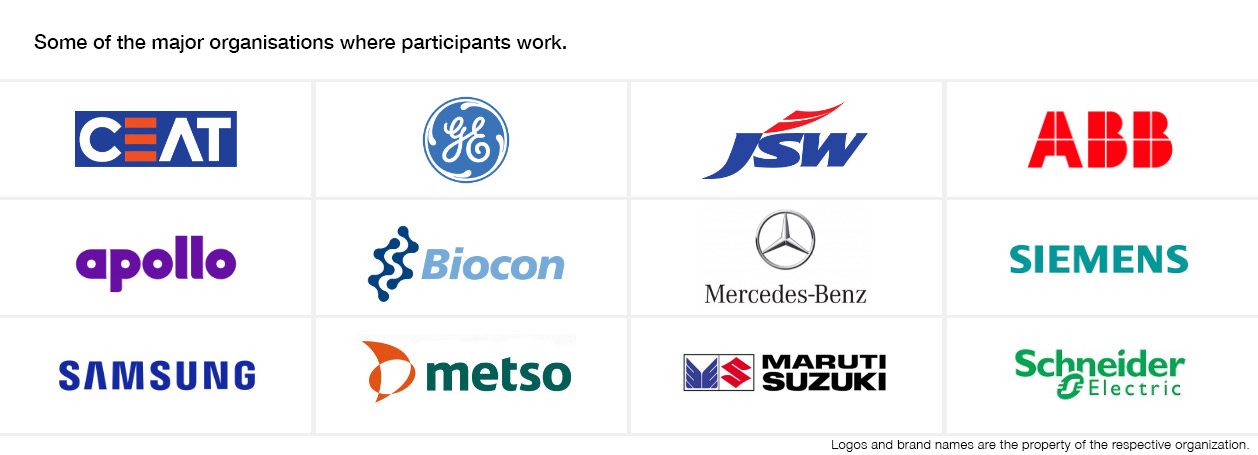
Featured Faculty

Prof. S Raghuraman

Prof. Samata Mujumdar

Prof. Srinivas Kota
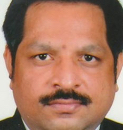
Dr. Srinivas Prakash Regalla

Prof. Shashank Tiwari
.png)
Prof. Paramesw Chidamparam
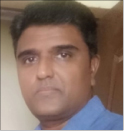
Prof. Glynn John
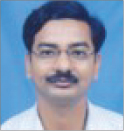
Prof. Ravi Reosekar

Dr. Arun Maity
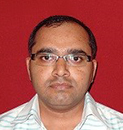
Dr. Vikas Chaudhari
FAQs
M.Tech. Automotive Engineering is a BITS Pilani Work Integrated Learning Programme (WILP). BITS Pilani Work Integrated Learning Programmes are UGC approved.
This programme is designed for working professionals. At the time of submitting the application, candidates must be employed in another organization. Professionals who are owners of a registered business are also eligible to apply. For detailed information, including academic background, work experience, etc. refer to the programme eligibility criteria.
Upon successful completion of the programme, participants will receive a degree certificate from BITS Pilani.
Each semester has a Mid-semester Exam and a Comprehensive Exam for each course, which are conducted over weekends. Students will need to appear in-person to take these exams at exams centers in the following locations:
India Centers:
South Zone: Bangalore, Chennai, Hyderabad, Vijayawada, Visakhapatnam, Kochi, Thiruvananthapuram and Coimbatore.
North Zone: Delhi NCR, Jaipur, Chandigadh, Lucknow and Pilani.
West Zone: Mumbai, Pune, Goa, Ahmedabad, Indore and Nagpur.
East Zone: Kolkata, Bhubaneshwar, Guwahati and Jamshedpur.
International Centers: Dubai
In case students are unable to take an exam due to work-related commitments, there is also a provision of appearing for Make-up Exams.
The programme features high usage of experiential learn components such as Simulations, Virtual Labs, and Remote Labs, in order to mimic the on-campus experience.
Participants will be given access to portals, that will allow them to access both cloud-based labs, as well as Campus-based physical labs. Using leading industry-recognised Software tools, Programming languages, and Simulation software, participants will be able to perform experiments and run simulations to advance their knowledge
Candidates applying to the programmes must choose a Mentor, who will monitor the academic progress of the candidate, and act as an advisor & coach for successful completion of the programme. Candidates should ideally choose the immediate supervisor or another senior person from the same organisation. In case a suitable mentor is not available in the same organisation, a candidate could approach a senior person in another organisation who has the required qualifications. For detailed information, please refer to the programme brochure.
Kindly note that BITS Pilani does not assign Mentors to programme participants.
The programme is designed for working professionals, and participants are not required to travel to a BITS campus. However, certain programme offer Campus Immersion Modules such as workshops or seminars, which are highly recommended but not mandatory.

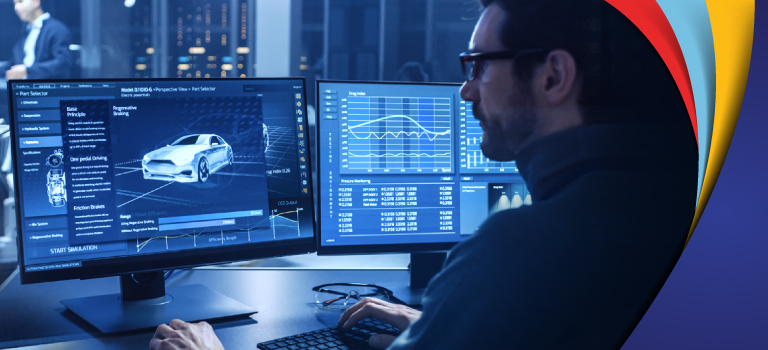
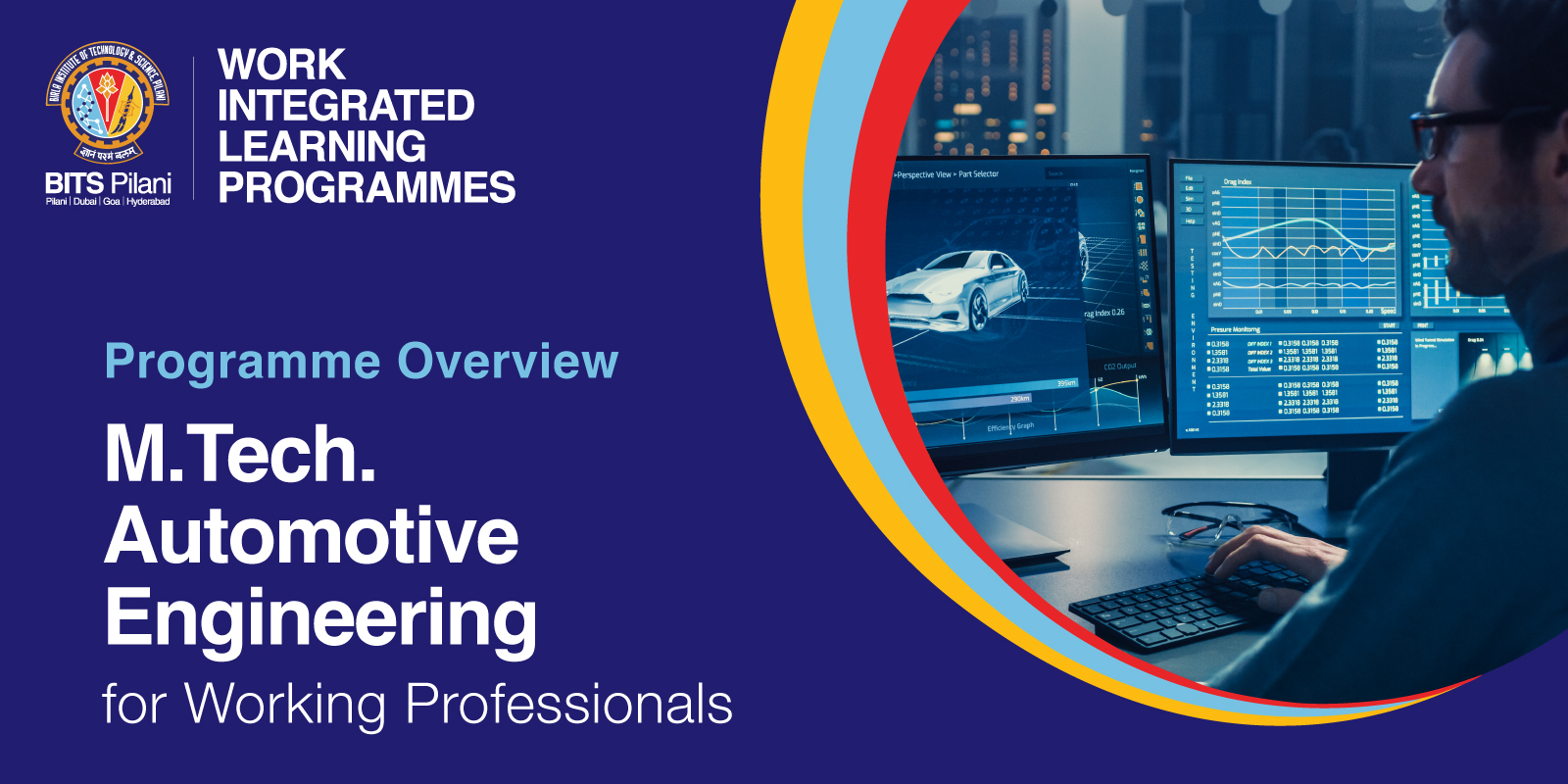
.png)
.png)
.png)
.png)
.png)
.png)
.png)
.png)
.png)
